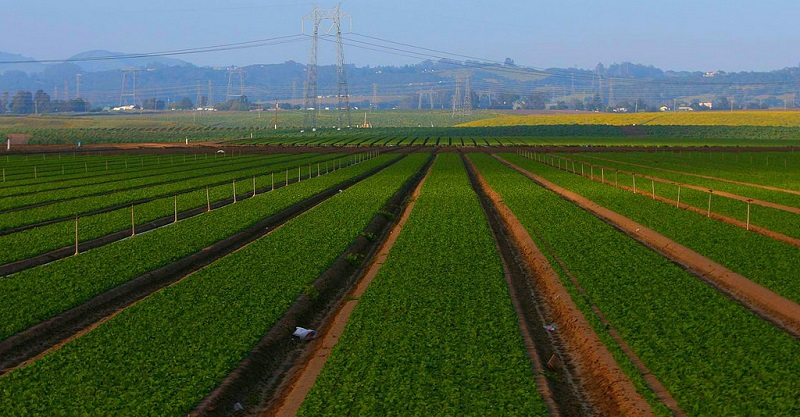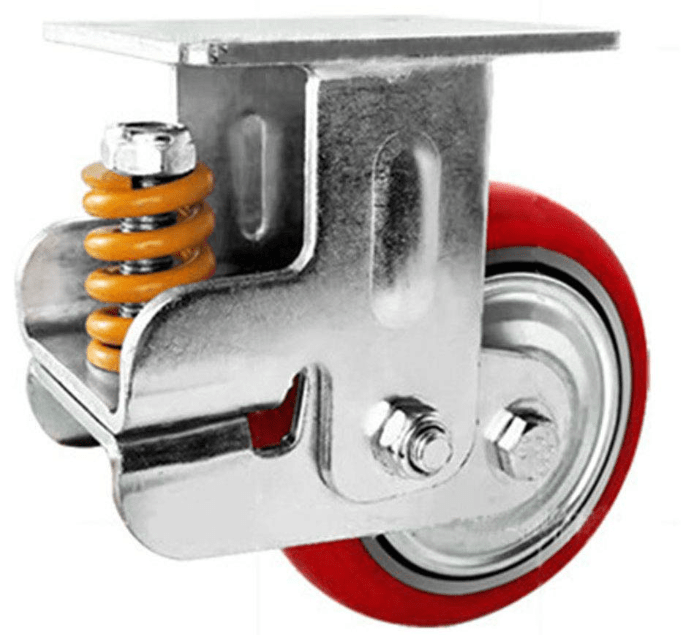As we go forward into 2023, the world of agriculture will change dramatically. We’re going to see significant shifts in technology, transforming the industry from traditional to modern. In many places, we can see these dramatic changes already.
Take Claas, for instance. The farm vehicle firm has begun producing tractors that run autonomously without the need for farmer input. Fields can be plowed and harvested using intelligent onboard software and GPS, freeing up farmers to do other things.
Or what about Farmobile? Farmobile is a company that gives tractors sensors allowing farmers to collect data. Last year it was just a startup. But it’s since received more than €3 billion in investor funding. What’s so unique about that figure is that it was more than five times the size of all high-tech ag investments back in 2012. Back then, only a few hundred million was invested in sensors, farm robots, drones, and soil tech.
Opportunities In Soil
Many of the new entrants into the agriculture market are from Silicon Valley. They’re looking for ways to improve the data availability of farms, rather than change them on the ground. One of the companies behind this movement is called Soil IQ.
The company wants to bring the much-hailed Internet of Things into the farming world. The idea is to plant soil sensors next to crops to collect data. These sensors provide farmers data in real-time on the ground conditions on their farms. It then uses software to tell farmers whether they need to water plants or harvest them.
Plenty of other companies besides Soil IQ have also made attempts to capitalize on this emerging market. But so far, other players are focused more on targeting home gardens. There’s an opportunity here for savvy farmers to make more money than they do today.
GPS-Guided Tractors
We’re only a couple of years away from seeing the first autonomous cars on the road. But given that open fields are a far less complicated environment than city streets, autonomy is coming to farming first. In fact, it already has. A company called Blue River Technology is taking the concept of autonomous tractors to the next level.
Blue River Technology has developed an automated crop spraying technology. The machine is pulled behind the back of tractors. On the machine are a camera and an arm with a pesticide spray. The machine uses deep learning software. This software has thousands of image stores that teach the machine to recognize crops. This enables it to tell the difference between a lettuce and a weed. When it spots a weed, it sprays it automatically with herbicide. Companies that repair tractor hydraulics, such as Pirtek, will still be required. But much of the labor costs from tractors are now being eliminated.
The company wants to move beyond just crops and out into other areas. They hope that the technology will save farmers time and help them reduce their overheads. With this technology, each farmer will be able to get a lot more done with the same effort.
AI and Robotics
The technology behind autonomous tractors has been around for a while. But with artificial intelligence, the possibilities are endless. AI is being used to monitor fields more efficiently than ever before. This means that farmers can react faster when something goes wrong in their fields.
Robotics technology is also being used on farms. Robots are now capable of doing some of the most mundane jobs on a farm, such as weeding. This has enabled farms to get better yields while spending less on labor.
Some robots are even being used to milk cows. Instead of having to hire workers for this task, farmers can now just deploy robots that will do it for them. This not only saves money but also cuts down on human resources costs.
The impact of these technologies is expected to be huge in the next decade. We may even see more robots than humans working on farms in 2023! The future of agriculture is becoming increasingly high-tech and efficient, and it’s an exciting time for the industry. Farmers all over the world will benefit from these technological advances.
Featured Image: Flickr
















